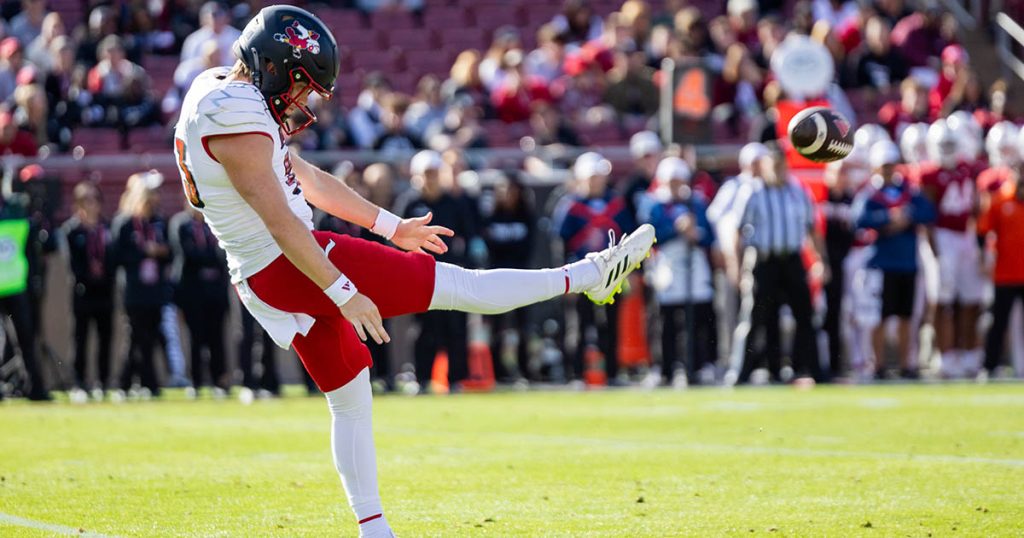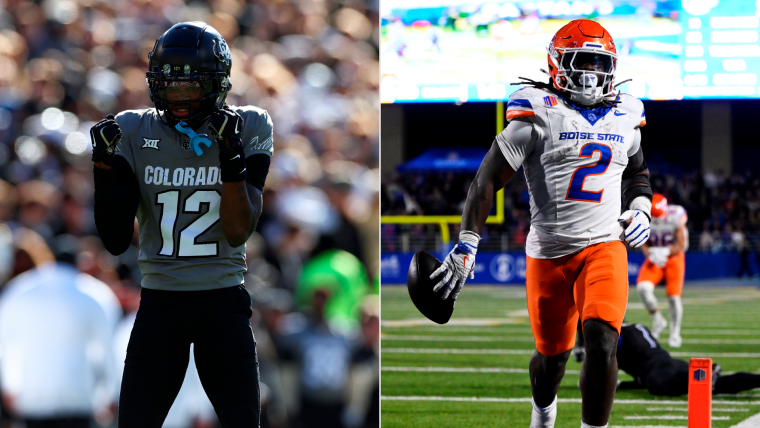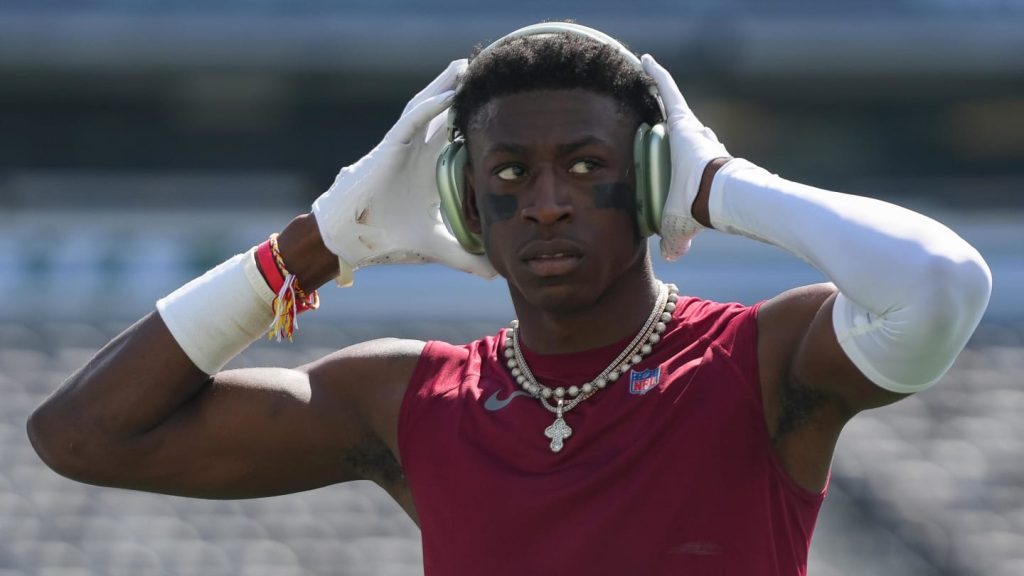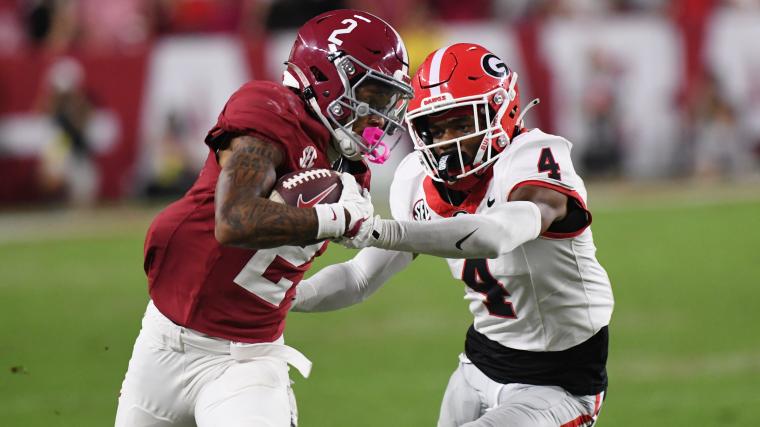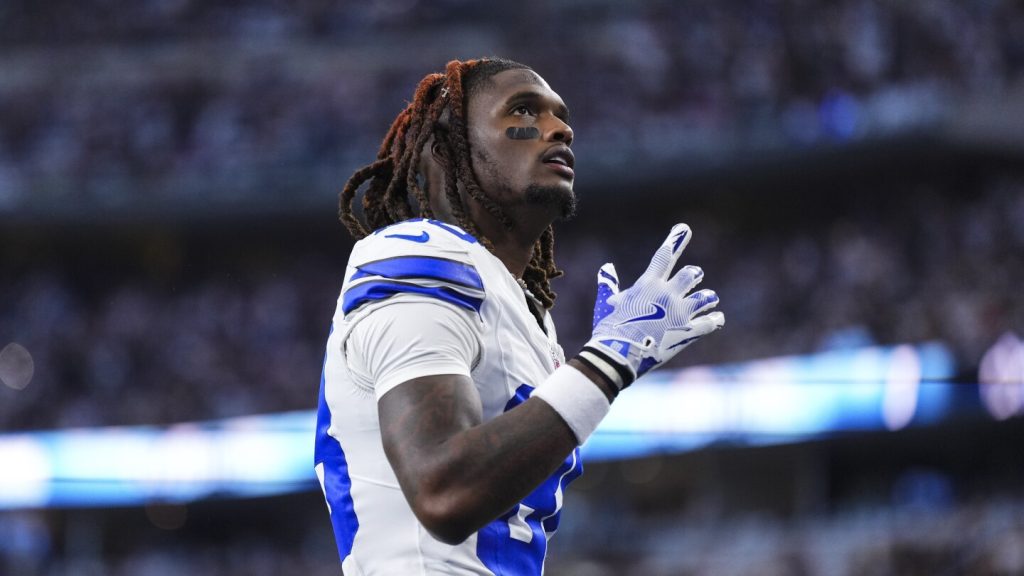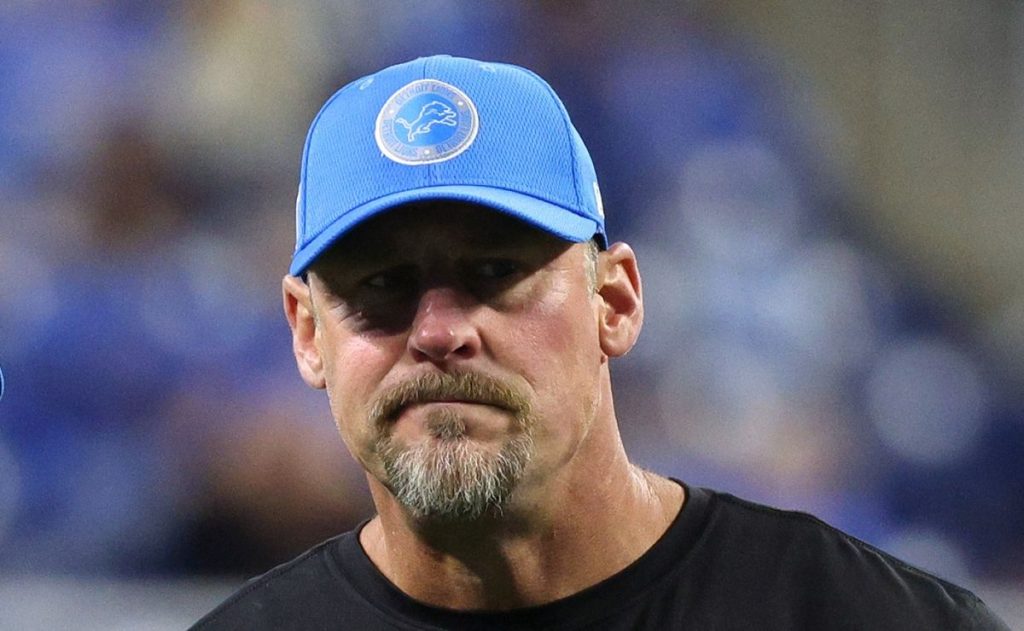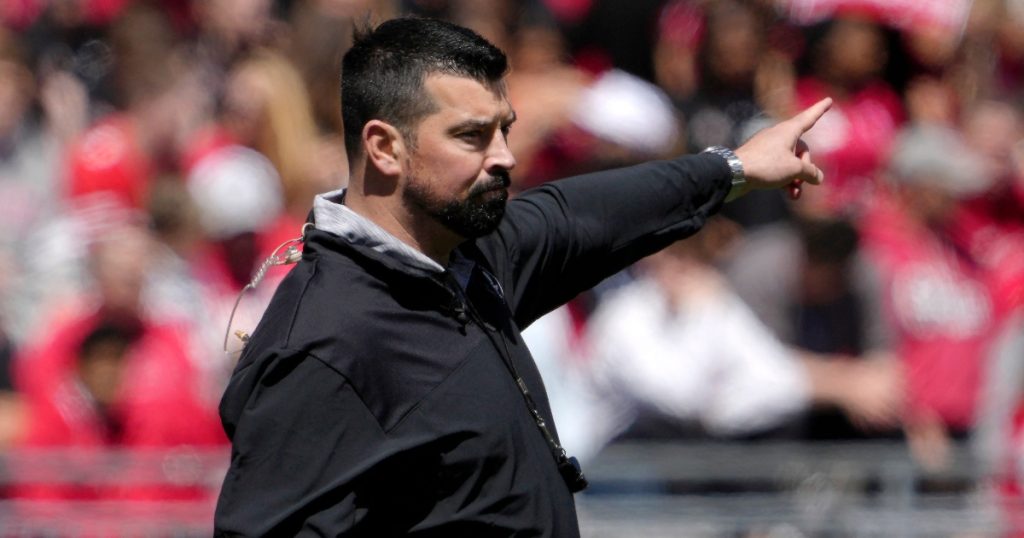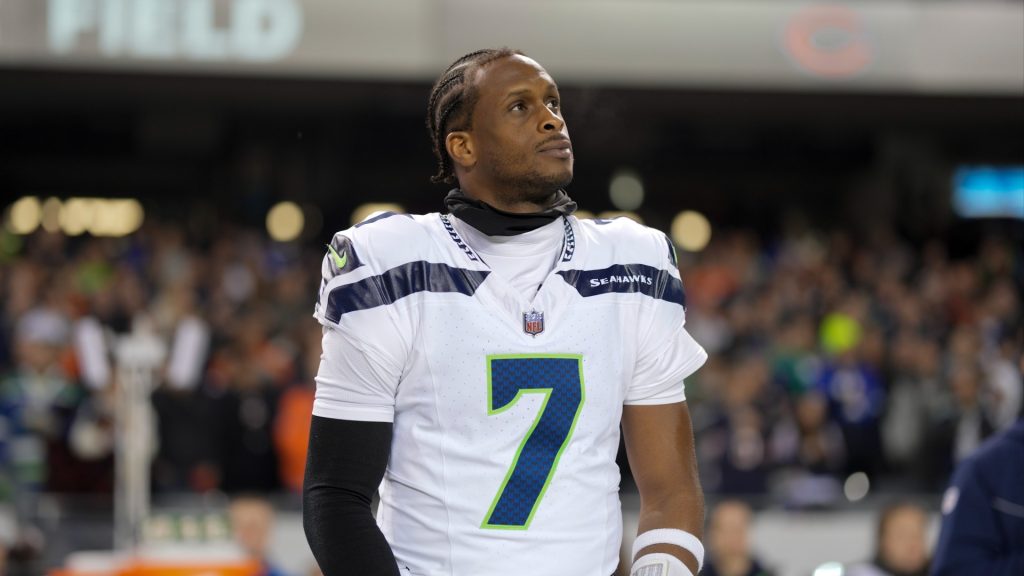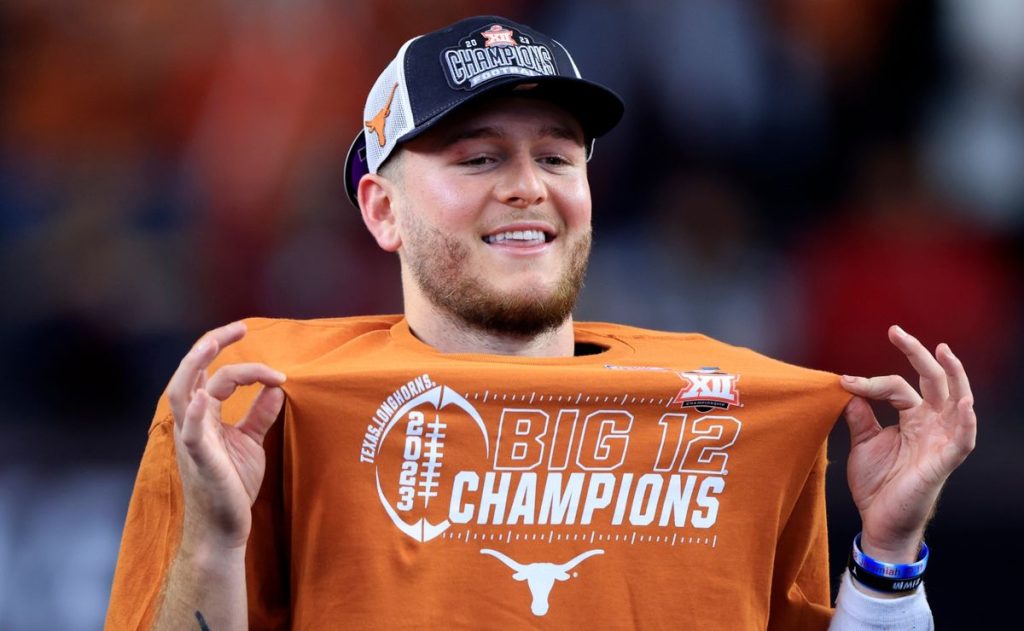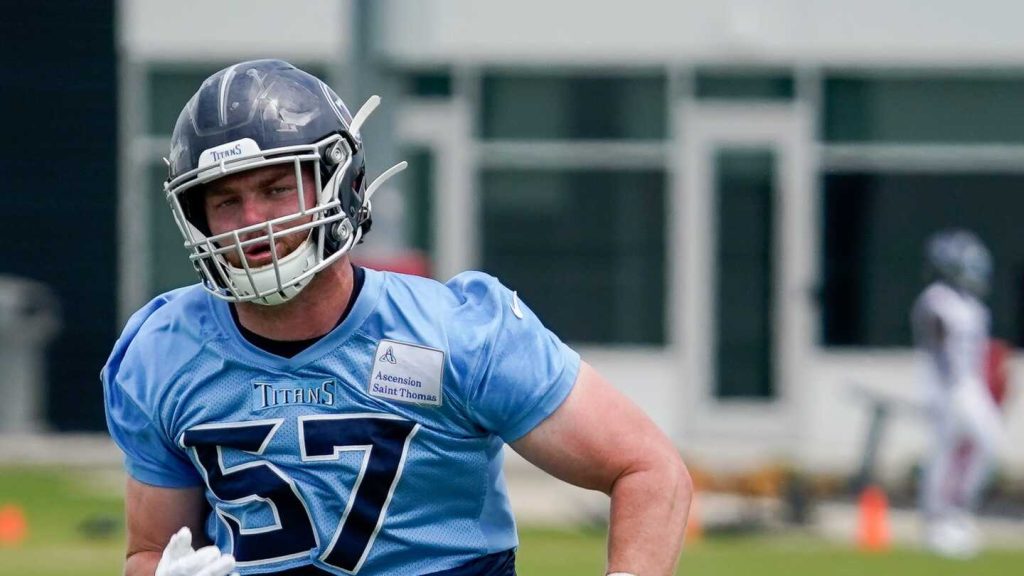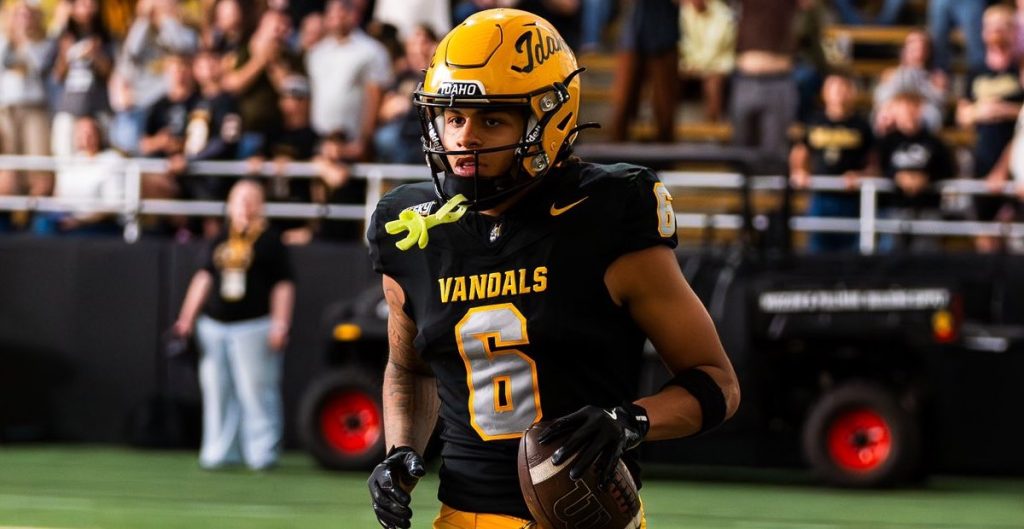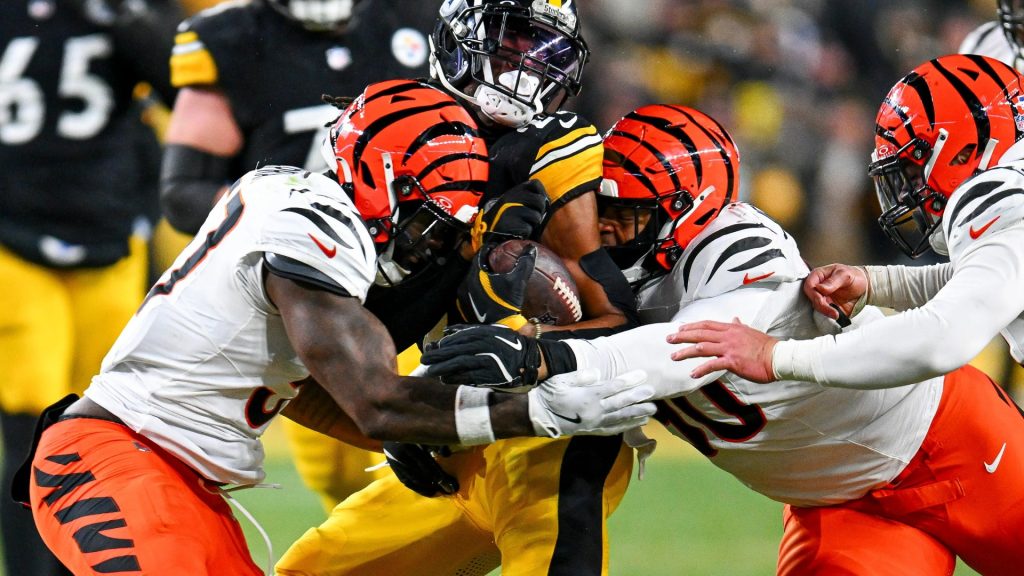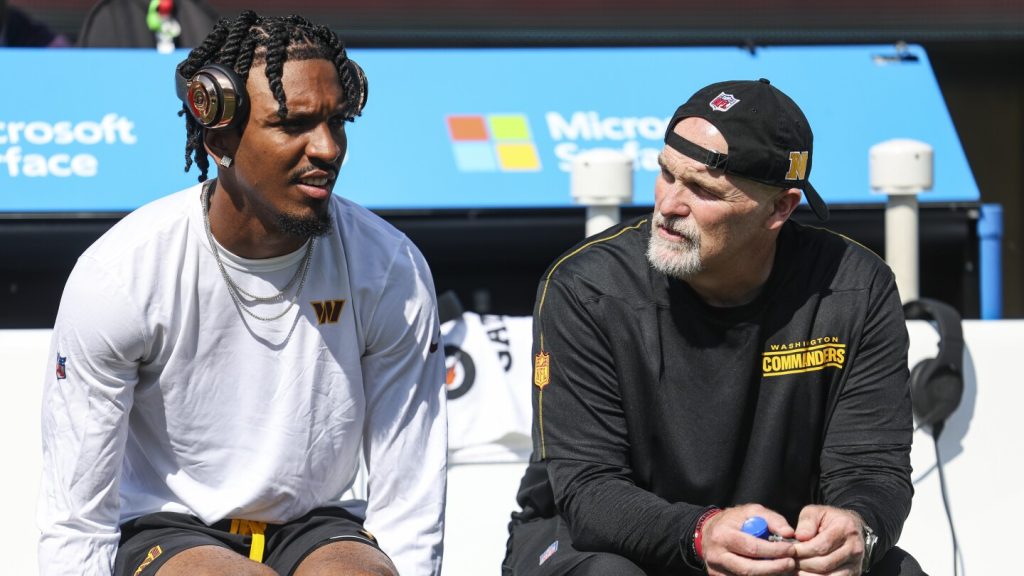Early in the first half of Tuesday’s Tony the Tiger Sun Bowl, the absence of Louisville punter Brady Hodges raised eyebrows during the CBS broadcast. When the Cardinals faced off against Washington, it was Carter Schwartz who stepped in to punt for the team. This unexpected turn of events led to questions about Hodges’ whereabouts, prompting a deeper dive into his situation.
The NIL controversy unfolds
As the game progressed, Brad Nessler, the commentator, revealed that the broadcast’s spotter had reached out to inquire about Hodges. The sports information director expressed surprise at the punter’s absence, which only fueled curiosity among fans. Later that day, Hodges took to social media to explain his decision to opt out of the game, citing issues related to name, image, and likeness (NIL) agreements as a significant factor.
In his post, Hodges disclosed that he had not been with the team since December 10th. He revealed that the Louisville-focused NIL collective, known as the 502 Circle, had promised to fulfill a financial deal with him back in September. However, that promise never materialized. “I graduated on December 13th and had every intention on being with the team had they held up their end of the deal,” he stated, expressing disappointment over the situation.
Brady Hodges: A veteran punter
Hodges has been a key player for the Cardinals, entering his fourth year with the program and his second as the starting punter. During the regular season, he showcased his skills by kicking 23 punts for a total of 906 yards. This came on the heels of an impressive junior year, where he accumulated 1,197 punt yards. His absence from the Sun Bowl not only affected the team’s strategy but also highlighted the growing complexities surrounding NIL agreements in college football.
In a heartfelt tweet, Hodges emphasized the impact of the unfulfilled NIL promise on his decision. “@502_Circle told me September 6th, they would be paying and are still yet to hold up their end of the deal,” he wrote. This sentiment resonates with many athletes navigating the new landscape of college sports, where financial agreements can heavily influence their participation and commitment.
The bigger picture: NIL issues in college sports
Hodges’ situation is not an isolated incident. It reflects a broader trend within college athletics, where promised NIL funds often fall short. Earlier this year, UNLV found itself embroiled in a similar controversy when quarterback Matthew Sluka announced his decision to preserve a redshirt year. Sluka and his team claimed they were promised $100,000 in NIL funds, which never materialized, leading to his decision to sit out.
Moreover, the recent legal battles involving multiple former Florida State men’s basketball players further illustrate the challenges athletes face regarding NIL agreements. These players are suing head coach Leonard Hamilton over $1.5 million in promised funds that they claim were never delivered. This situation escalated to the point where it led to a practice boycott last season, highlighting the tension surrounding unfulfilled financial commitments.
In response to these allegations, Florida State released a statement asserting that they had maintained a comprehensive compliance education program for coaches and staff, emphasizing ethical conduct in dealing with student-athletes. “Though our inquiry is not yet complete, at this point we know of no unfulfilled commitments by FSU in terms of scholarships or other appropriate benefits,” the statement read, showcasing the university’s commitment to transparency.
Hodges: A reflection of athlete concerns
Brady Hodges’ decision to opt out of the Sun Bowl serves as a poignant reminder of the challenges college athletes face in the evolving landscape of NIL agreements. As they navigate these waters, the stakes are high, and the consequences can be significant. Athletes like Hodges are not just competing on the field; they are also negotiating their futures in an environment where financial promises can make or break their careers.
The implications of Hodges’ absence extend beyond just one game; they highlight the urgent need for clarity and accountability in NIL agreements. As college football continues to evolve, it is crucial for institutions, collectives, and athletes to foster an environment of trust and reliability.
In a world where college athletes are increasingly viewed as brand ambassadors, the importance of fulfilling financial commitments cannot be overstated. As the college football community reflects on Hodges’ situation, it raises essential questions about the integrity of NIL agreements and the future of collegiate athletics. Will athletes receive the support they need to succeed, both on and off the field? The answer may very well shape the future of college football as we know it.

